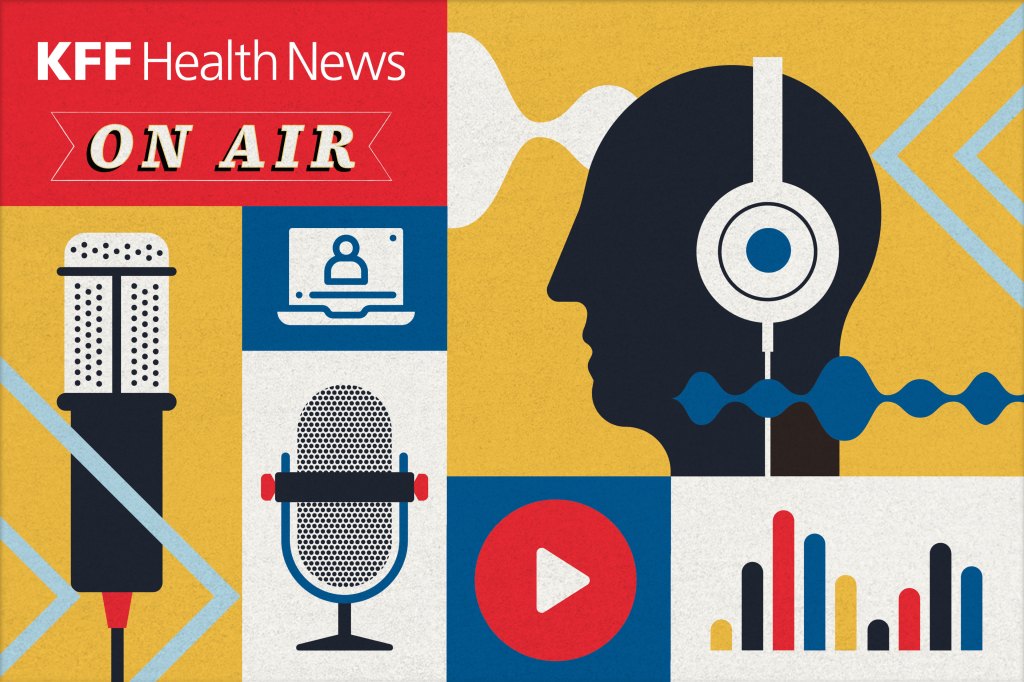Latest Stories – Pain News Network – Read More
By Crystal Lindell
A new study suggests that cannabis use by older adults slows the aging of their brains and may even improve cognitive function.
An international research team analyzed extensive health data on over 25,000 adults in the UK, looking at the relationship between cannabis use, aging, and cognitive function. They found that cannabis users had brain characteristics “typically associated with younger brains “ and “enhanced cognitive abilities.”
“Cannabis users exhibited superior performance across multiple cognitive domains, and interestingly, the effects of cannabis and cognition are presented concurrently across a range of brain systems,” the authors said.
“These findings suggest that cannabis use may be associated with a deceleration of neural aging processes and the preservation of cognitive function in older adults.”
It’s important to note that the study is a preprint, published in Research Square, which means the findings have not yet been peer-reviewed by a medical journal and may undergo changes.
While it’s common knowledge that cannabis can alter mood, cognition and perception, researchers wanted to look at other potential impacts, particularly in older adults. Most previous studies investigating the effects of cannabis on brain function focused on adolescents and young adults.
Due to legalization, cannabis is increasingly being used by older adults and there’s a growing recognition that cannabis can be used therapeutically to treat pain, insomnia, depression and other conditions associated with old age.
Normal aging typically involves a gradual decline in cognitive abilities, but when researchers compared the cognitive performance of cannabis users and non-users, they found that cannabis use had positive effects on most cognitive functions compared to normal aging.
Cannabis users performed better in various cognitive tasks, including problem solving, planning skills, numeric memory, intelligence, and vocabulary. The effects — where cannabis users outperform non-users — were evident across different age groups, starting in middle age (45–55 years) and continuing into old age (66 + years)
Researchers think cannabis enhanaces cognitive performance by improving how different parts of the brain communicate with each other, a process known as functional network connectivity (FNC).
“Our findings reveal that cannabis usage and healthy aging are associated with overlapping brain network configurations, particularly within the FNC between subcortical and sensorimotor regions, as well as between subcortical and cerebellar areas, albeit with significantly reversed effects,” they said.
The enhanced performance of these brain regions may be due to higher concentrations of cannabinoid receptors in brain tissue, which makes them more responsive to cannabinoids such as tetrahydrocannabinol (THC) and cannabidiol (CBD).
Researchers say their findings could lead to further research into whether cannabinoids and endocannabinoids could be used to treat multiple sclerosis, Parkinson’s disease, Alzheimer’s disease, and other neurodegeneration diseases.






